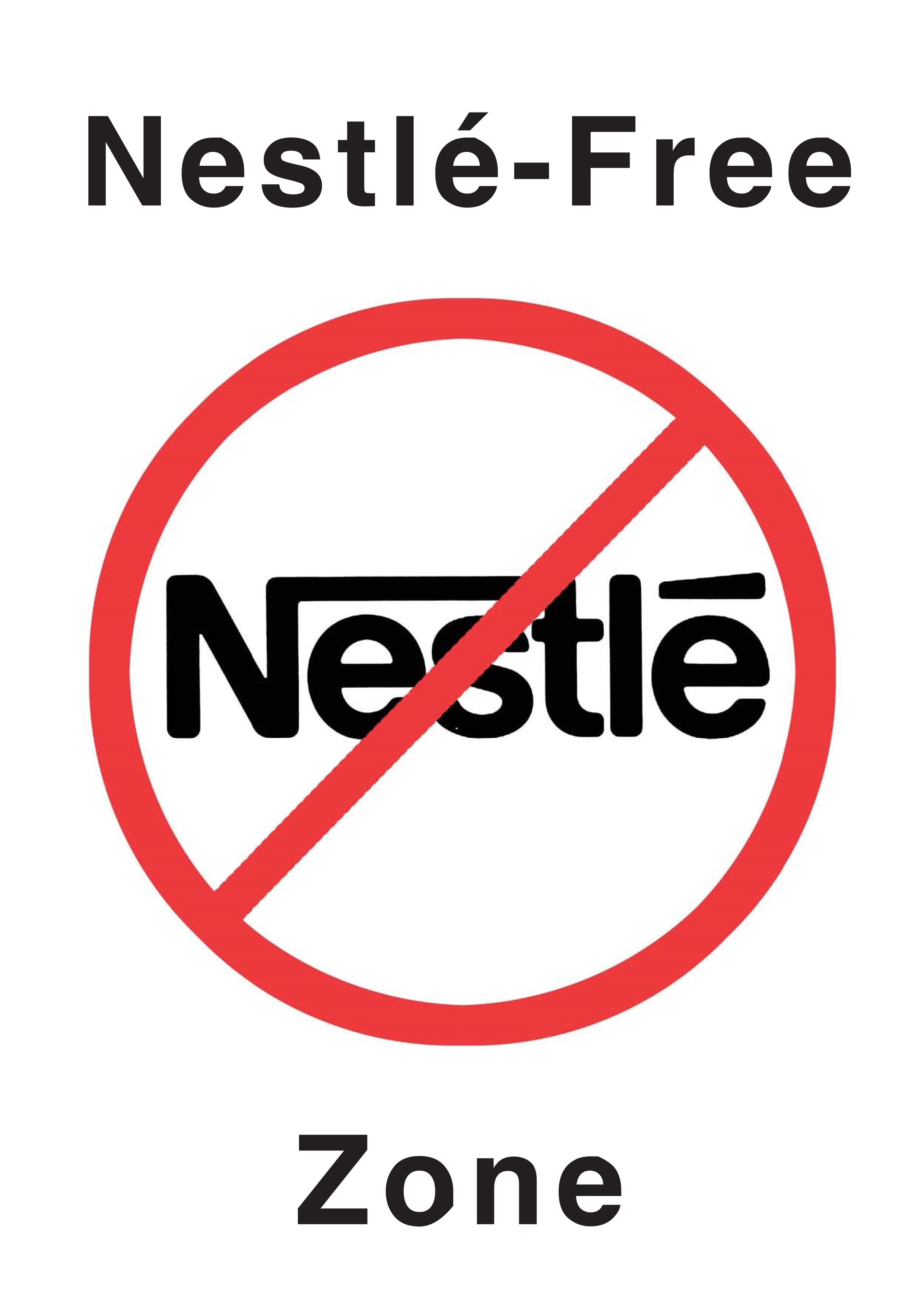International Breastfeeding Journal
Interventions aimed at promoting breastfeeding rates are among the most effective possible health policies available, with an estimated return of US$35 per dollar invested. Indeed, some authors found that a 10...
Following publication of the original article [1], the authors have flagged that the article contains the following errors:
Many of aspects of our lives became increasingly commercialised in post-modern society. Although breastfeeding is perhaps a late comer to this process in recent years, it too has seen significant commercialisa...
The World Health Organization recommends exclusive breastfeeding for 6 months and total breastfeeding for at least 2 years. Despite this and multiple interventions promoting breastfeeding, early breastfeeding ...
Although there is a broad knowledge about exclusive breastfeeding among women in Tanzania, exclusive breastfeeding (EBF) remained lower than 50% for about 50 years since her independence in 1961. Previous rese...
In addition to its health and nutritional benefits, breastfeeding can save low-income, food insecure mothers the cost of infant formula so that money can be spent on food and other necessities. Yet breastfeedi...
WHO guidelines recommend breastfeeding for mothers living with HIV adherent to antiretroviral therapy in countries where formula is not accessible. In Canada and the US, guidelines for mothers living with HIV ...
Human milk is the best nutrition for all infants. When the mother’s own milk is not available, the World Health Organization recommends the use of donated human milk and milk banking for neonates born prematur...
Exclusive breastfeeding (EBF) is advocated by the WHO for the first 6 months. In Rwanda, the percentage of infants who are exclusively breastfed decreases from 94% among infants aged 0–1 month to 81% among tho...
Exclusive breastfeeding (EBF) is the global recommended nutrition for infants less than 6 months of age. The prevalence of exclusive breastfeeding in Ethiopia is much lower than the recommendations of World He...
Lactational breast abscesses are uncommon in the puerperium but when they do develop, delays in specialist referral may occur especially in resource low settings. There is a dearth of studies regarding lactati...
Validated instruments to assess breastfeeding knowledge and attitude are non-existent in Africa including Ethiopia. We aimed to adapt and validate the Breastfeeding Knowledge Questionnaire (BFKQ) and the Iowa ...
The marketing practices of the breastmilk substitutes industry have been known for decades, but little is known about the influence of the baby food industry, more generally, on public health policy, research ...
Evidence supports the health and economic benefits of breastfeeding, and the positive impact of the Baby Friendly Health Initiative (BFHI) on increasing breastfeeding rates and improving breastfeeding outcomes...
Biological nurturing is a neurobehavioral approach to breastfeeding support that encourages women to breastfed in a relaxed, laidback position. This approach has the potential to reduce breast problems (e.g., ...
Breastfeeding, particularly exclusive breastfeeding, is essential to ensure the short- and long-term health of infants and mothers. Sub-optimal breastfeeding practices currently take place in low income countr...
Excessive weight loss in newborns is associated with neonatal complications such as jaundice and dehydration, which cause renal failure, thrombosis, hypovolemic shock, and seizures. The identification of the r...
Early initiation of breastfeeding within 1 hour after birth is essential for newborns, because it reduces risk of neonatal mortality and hypothermia to a great extent and also helps in preventing the long-term...
Breastfeeding provides health benefits to both women and children. The rationale behind an individual woman’s decision to breastfeed or not can depend on several factors, either independently or in combination...
Exclusive breastfeeding up to 6 months of age is recommended by the World Health Organization as the optimal mode of infant feeding, providing adequate nutrition for the baby and protection against infectious ...
Most Recent Articles: International Breastfeeding Journal
SubscribeFeliratkozás a következőre: International Breastfeeding Journal hírcsatorna

